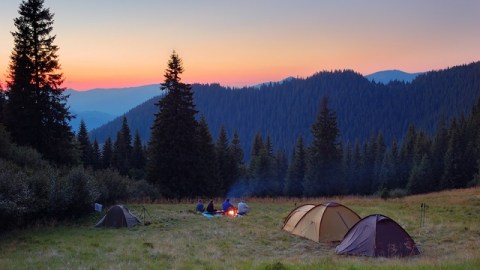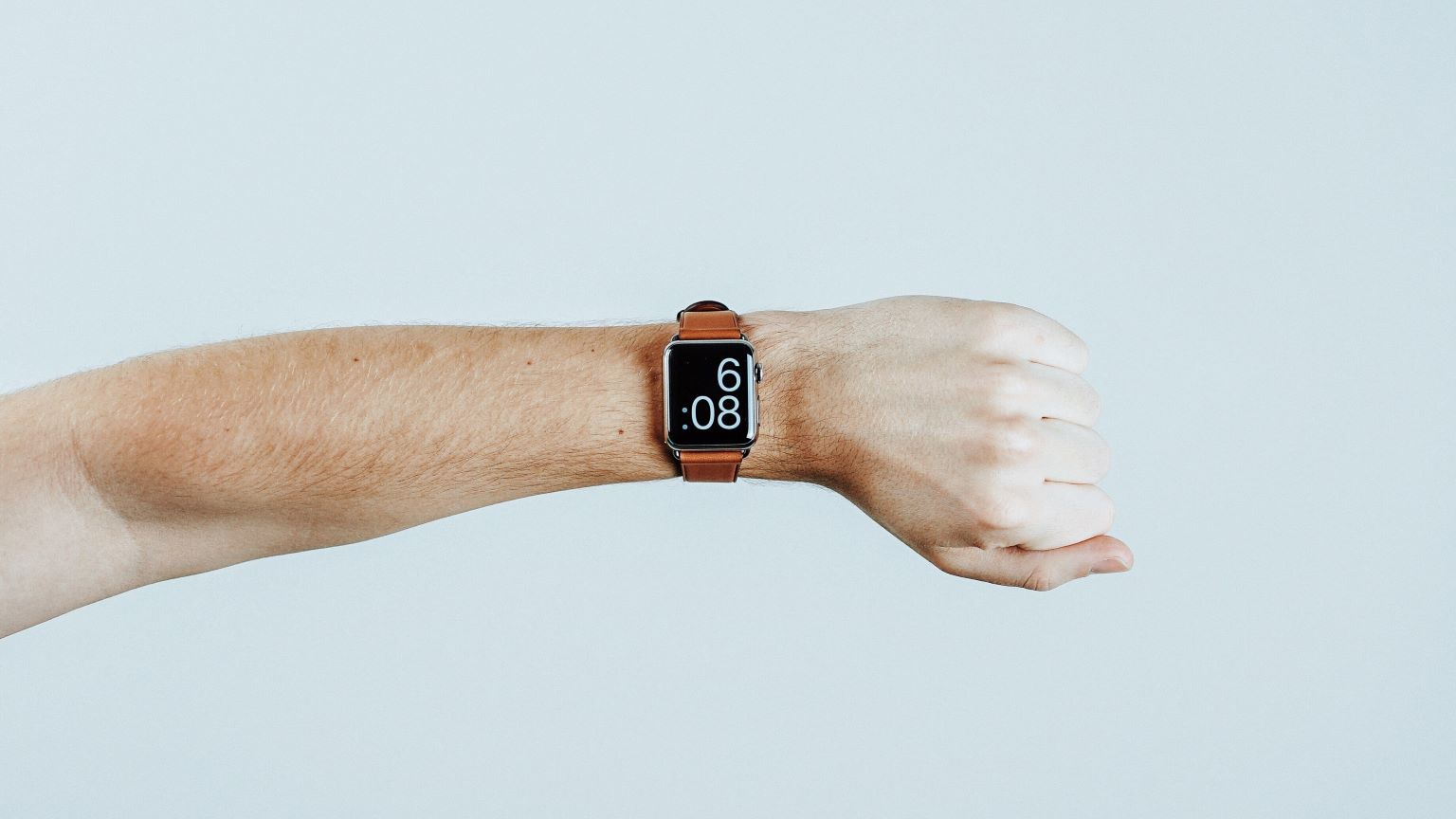Trouble Sleeping? Go Camping For A Few Days

What’s the Latest Development?
University of Colorado-Boulder’s Kenneth Wright and colleagues studied eight subjects as they spent a week living their lives under normal — that is to say, largely artificial — lighting conditions. They then sent the subjects out camping in the Rocky Mountains for a week, where their primary source of light was the sun. Tests showed that after that week, all of the subjects’ internal clocks reset themselves to match the sun’s schedule. This included early birds, night owls, and those in between. Details of the study were recently published in Current Biology.
What’s the Big Idea?
It’s a common fact that modern life, particularly in brightly-lit cities with lots of different screens drawing our attention, can negatively affect sleep. Because our internal clocks are largely set to electrical lighting patterns, melatonin levels tend to be higher in the mornings, which explains why it’s harder for many people to fully wake up. Ironically, the test subjects were exposed to four times more light in the mountains than they were in their normal environments. Yet the changing quality of that light contributes to sleep regulation, whereas artificial light stays constant throughout. Dimming that light at night, as well as increasing exposure to natural light, may provide similar sleep benefits.
Photo Credit: Shutterstock.com
Read it at The Atlantic Cities





